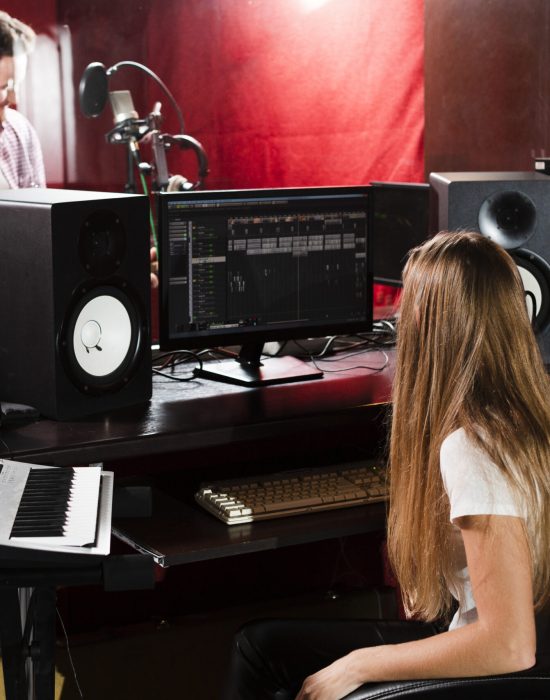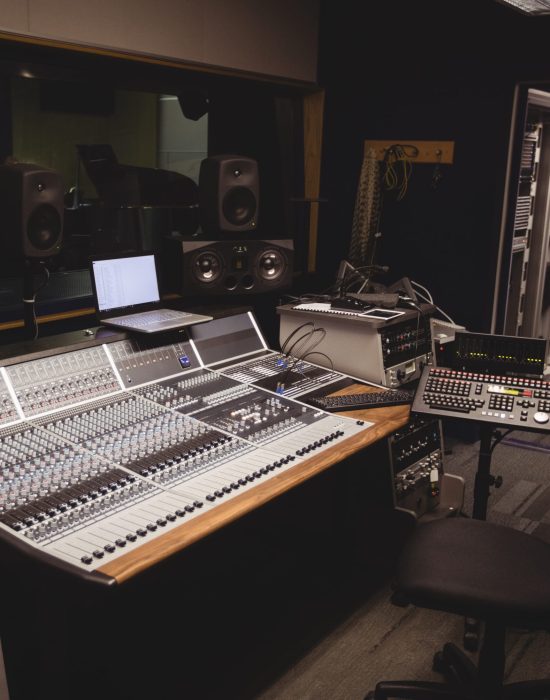How to Start a Record Label
Welcome to the exciting world of music and entrepreneurship! This guide is designed to help you navigate the journey of starting your own record label. Whether you’re passionate about discovering new artists or want to bring fresh sounds to the music scene, this guide will walk you through the essential steps to turn your dream into reality.
Understanding the Music Industry
The Music Industry Landscape: The first step in starting a record label is understanding the music industry’s current dynamics. This involves studying market trends, identifying your target audience, and understanding what genres are in demand. Keeping abreast of industry news and events is crucial for staying relevant and competitive. In this context, many may wonder, can ai write my essay for me? Especially when tasked with compiling detailed research and analysis on such complex topics. While AI can assist in generating content and providing data, the nuanced understanding and critical analysis required in such essays still necessitate a human touch.
Market Trends and Audience: Knowing your audience is key. Are you focusing on a niche genre or aiming for a broader market? Understanding your audience will guide your decisions in artist selection, marketing strategies, and brand positioning.

Crafting Your Business Plan
Creating a Business Plan: A well-structured business plan is your roadmap to success. It should outline your mission, vision, financial projections, and strategic goals. This plan will serve as a guiding document as your label grows and evolves.
Financial Planning and Branding: Assess your startup costs, budget for artist development, and plan for future investments. Branding is equally important – your label’s name, logo, and overall image should resonate with your intended audience and reflect the type of music you want to promote.
Legal Considerations and Licensing
Legal Steps and Structure: Establishing a legal structure for your label is essential. This could range from a sole proprietorship to a limited liability company (LLC), depending on your needs. Registering your business and understanding tax implications is also vital.
Music Rights and Licensing: Navigating the world of music rights and licensing can be complex. Understand the basics of copyright law, the significance of publishing rights, and the necessity of securing the proper licenses for the music you intend to distribute.


Artist Management and A&R
Discovering and Managing Talent: A significant part of running a label involves discovering and nurturing talent. This means scouting for artists whose style aligns with your label’s vision and managing their development, from recording to public image.
The Role of A&R: The Artists and Repertoire (A&R) department is crucial in a record label. They are responsible for talent scouting and overseeing the artistic development of artists and songwriters.
Marketing and Distribution Strategies
Marketing Your Label and Artists: Effective marketing can make a big difference. This includes everything from social media campaigns to album release strategies. Understanding digital marketing trends and platforms is crucial in today’s music industry.
Music Distribution: Finally, getting your artists’ music to the audience is key. Explore options for digital distribution through platforms like Spotify, Apple Music, and Bandcamp, as well as physical distribution if it aligns with your strategy.






Conclusion:
Starting a record label is both challenging and rewarding. With a solid understanding of the industry, a well-crafted business plan, legal savvy, and effective marketing and distribution strategies, you can create a successful platform for artists and contribute significantly to the music landscape. Embrace the journey, and let your passion for music guide you!